Eight farmers and fisherfolk cooperatives’ and associations’ (FCAs) of Bohol attended a three-day comprehensive training on Financial Management and Value Chain Analysis on March 11-13, 2025, at a venue in Tagbilaran.
Facilitated by the Department of Agriculture-Central Visayas (DA7) Farm and Fisheries Clustering and Consolidation (F2C2), the training participated by 20 FCA members, enhances their understanding on the core financial management principles and tools for organizational success.
These FCAs were the Hagbuaya Farmers Association (Catigbian), Getafe Fisherfolk Marketing Cooperative (Getafe), Canmaya Centro Farmers Association (Sagbayan), Sta. Catalina Sagbayan Agrarian Reform Beneficiaries Multipurpose Cooperative (Sagbayan), Jagna Mushroom Growers and Processors Association (Jagna), Talibon Fisherfolk Marketing Cooperative (Talibon), Mabini Fisherfolk Marketing Cooperative (Mabini), and Madua-San Isidro Irrigators Association (Duero).
Resource speaker Wendell B. Doria, emphasized the importance of maintaining financial records for an effective transaction monitoring.
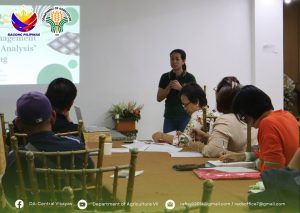
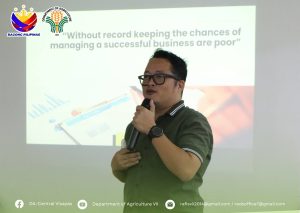
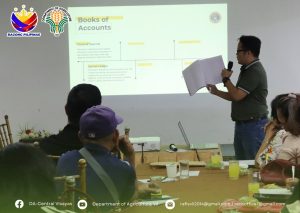
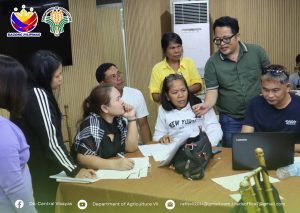
“Atoang aim ang naay record para mamonitor ang transaction, makit-an nato asa paiingon ang atong kwarta. Dapat liquid ta,” said Doria.
(Our goal is to ensure the proper records to track financial activities and understand where funds are going.)
Topics covered under essential financial management concepts include the importance of financial records in tracking financial transactions, monitoring cash flow, ensuring financial accuracy, maintaining transparency, and facilitating tax compliance, while on accounting cycle were the step-by-step process for recording transactions, preparing financial statements, and closing entries.
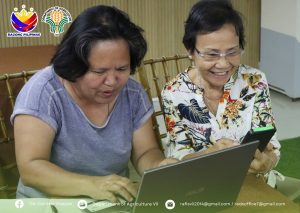
Doria said that understanding financial statements improves goal setting and budgeting. “Maka set mo pilay gusto Ninyo nga income (you can establish clear income targets for your agri-fishery enterprises.)
Doria also shared real-life examples, highlighting the significance of separating personal and business finances for improved accountability and transparency.
Participants also learned the different types of accounting systems like the single-entry system – a simple method to track income and expenses; double-entry system – a more comprehensive method involving debits (assets) and credits (liabilities). They also gained insights on the chart of accounts and books of accounts, which include cash receipts journals, subsidiary ledgers for accounts payable/receivable, and worksheets for simplified financial reporting.
Participants are expected to re-echo their learnings to their respective associations to ensure broader financial education and improved organizational success.
The group were also provided with capability building and entrepreneurial skills development training. Completing the series of trainings, FCAs are expected to craft their respective Cluster Development Plans by May 2025. These initiatives were part of the efforts towards development and sustainable agricultural and fisheries enterprises in Bohol.
